We will shortly be launching the call for applications for this year’s ESRC Festival of Social Science.

What is the ESRC Festival of Social Science?
The ESRC Festival of Social Science is an annual, UK-wide, free celebration of the social sciences, usually taking place during November. BU have been involved in the festival for over a decade, running our own internal selection process and delivering up to ten activities per year.
The festival aims to encourage, support and create opportunities for social science researchers to engage with non-academic audiences.
Why should I take part?
The festival is a prestigious initiative by a major research funder, and BU’s continued involvement is justified by the quality of our events and activities. Being part of this festival is an achievement worth citing and celebrating. 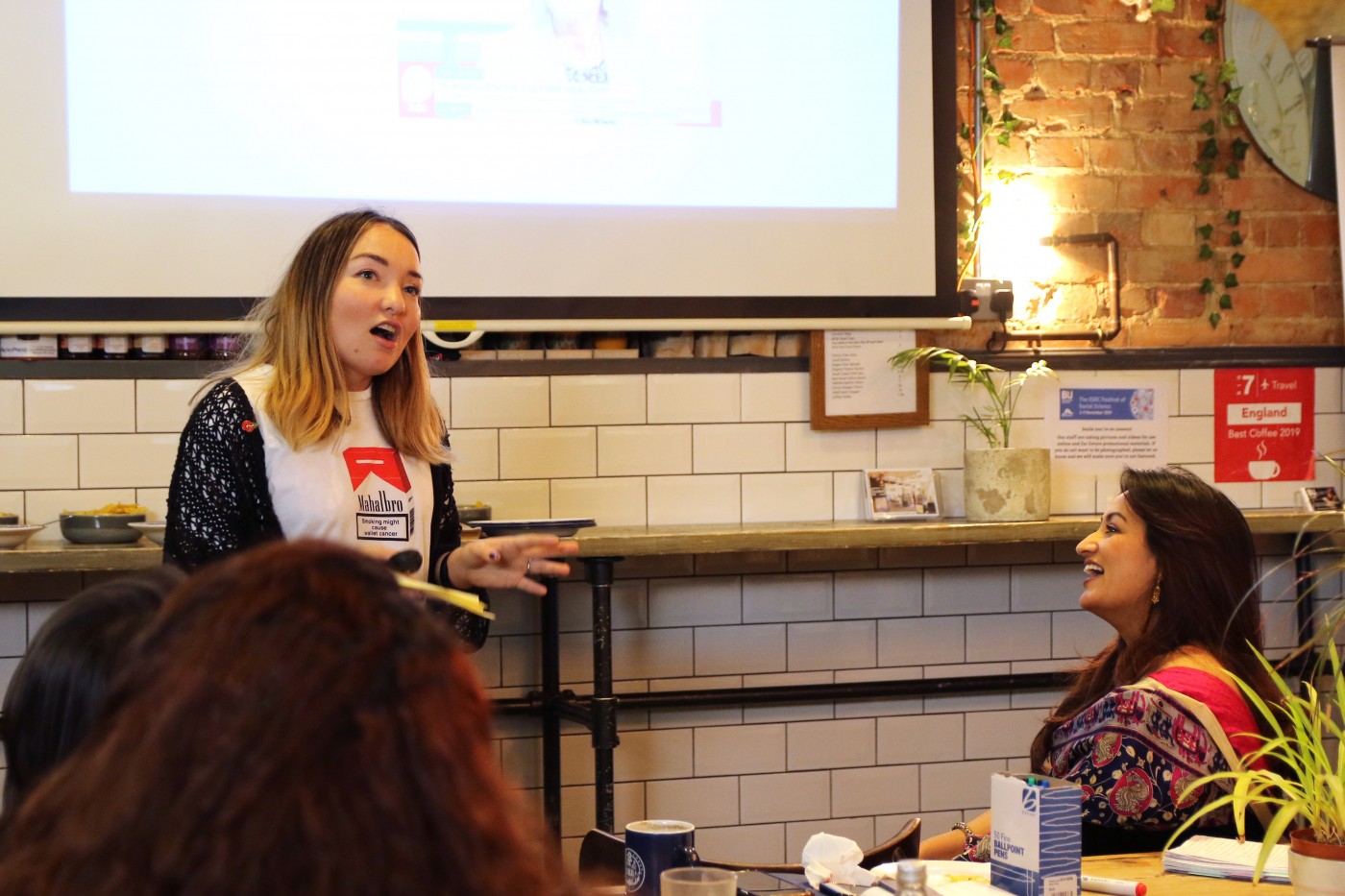
It is an excellent opportunity to engage people outside of academia with your research and with the benefit of co-ordinated support and promotion from RDS and the ESRC.
You can apply for up to £1000 to deliver your project.
What if I’ve never done any public engagement before?
Everyone has to start somewhere, and this is the ideal place. You’ll have access to comprehensive support, advice and training throughout. If you’re unsure, seek out a more experienced colleague to collaborate with.
Can I apply if I’m not a social scientist?
The ESRC says that events must “feature social science (ideally with a social scientist involved in the event)”. If this doesn’t clearly apply to you, consider these options;
- Does your research have clear implications for society that could be explored from a social science perspective?
- Could you collaborate with a social scientist, combining your resources and creativity to explore the impact of your research? If you’re looking for a collaborator, the Research Blog or BU website are great places to start or contact us for help.
What will I be expected to do?
You’ll be expected to;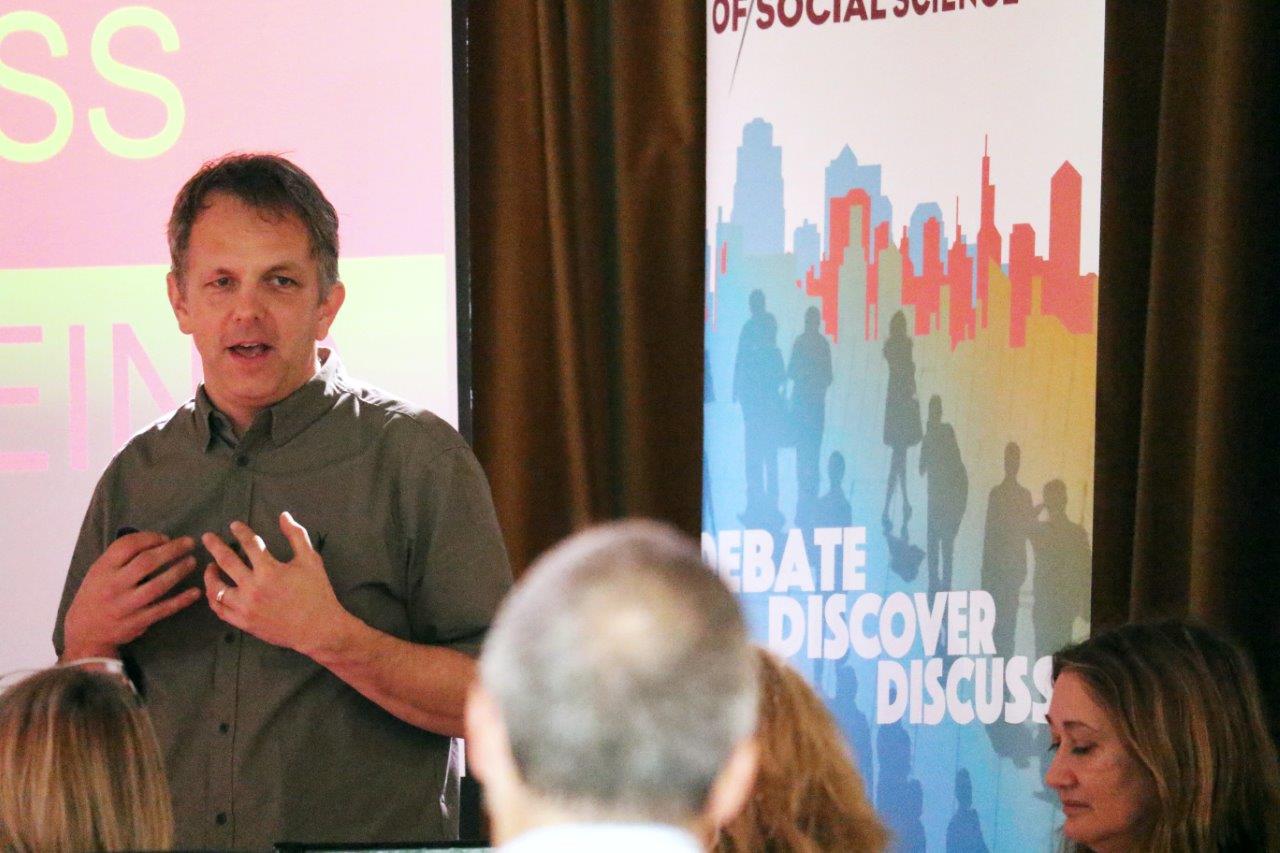
- Familiarise yourself with best practice for public engagement with research. Whether you’re new to this or experienced, there’s always room to improve.
- Apply to our internal panel
- If successful, attend an initial training session to start out right
- Plan, deliver and evaluate your activity or event, working with the public engagement team to shape your project into an impactful, professional and fascinating experience.
What support will I get?
Being part of this festival means a higher level of support and reach than we are normally able to provide.
Before applying, you’ll have access to:
- A dedicated session of the Public Engagement with Research (PER) Network, featuring previous event holders.
- Bookable one-on-one advice slots with BU’s Engagement Officer.
- Detailed applicant guidance to help you apply.
When your application is successful, you’ll get:
- A half-day training session from an expert external public engagement trainer
- Continuing advice and support from BU’s public engagement team on all areas of planning, promoting delivering, evaluating your activity.
- The promotional boost from being part of a huge national festival.
What next?
If you’re interested in applying, here’s what to do next;
- Look out for the next PER Network session. It’ll be promoted here on the blog, or join the Network now in a couple of clicks to stay up to date.
- Explore previous events from BU and examples from around the country.
- Start brushing up on how to make public engagement work for you. A great place to start is BU’s own video guide to getting started in public engagement with research (Brightspace). You can also browse guidance and case studies from the National Co-ordinating Centre for Public Engagement (NCCPE).
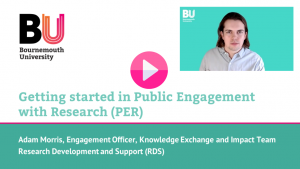
- Book an advice slot – once available.
We’ll provide more information on applying to the ESRC Festival of Social Science on this blog and the PER Network over the coming weeks. If you have a question in the meantime, please email the team.
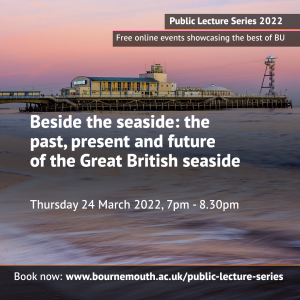
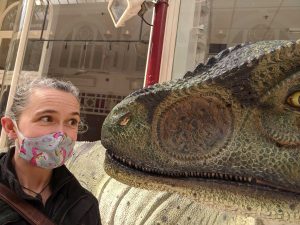

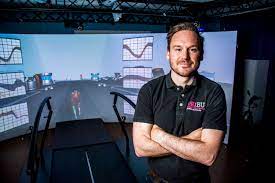





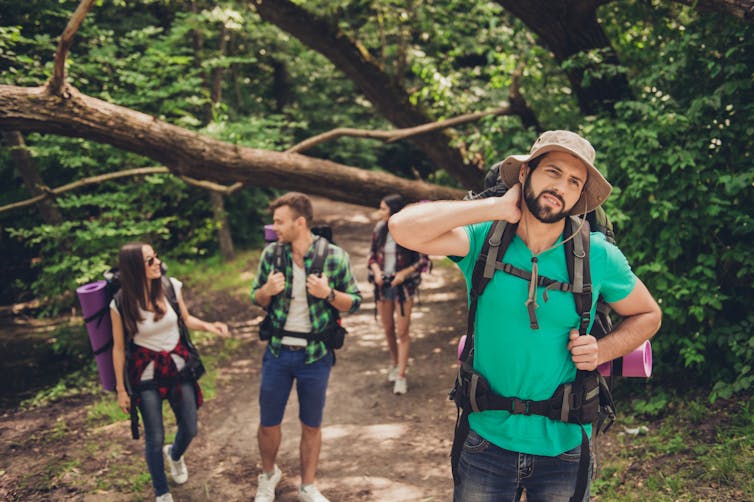
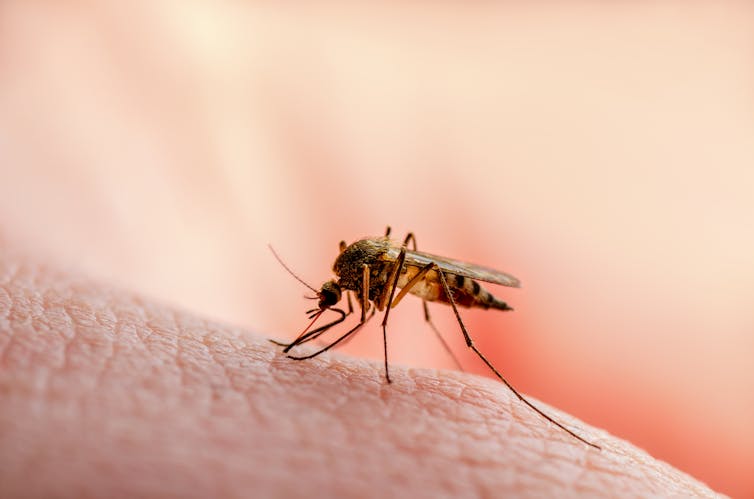
 Following an introductory message from Vice-Chancellor Professor John Vinney, the event was opened by Professor of Nutrition Jane Murphy and Postdoctoral Research Fellow Dr Sophia Amenyah, who discussed how our nutritional needs change throughout our life and the importance of good nutrition as we age.
Following an introductory message from Vice-Chancellor Professor John Vinney, the event was opened by Professor of Nutrition Jane Murphy and Postdoctoral Research Fellow Dr Sophia Amenyah, who discussed how our nutritional needs change throughout our life and the importance of good nutrition as we age.

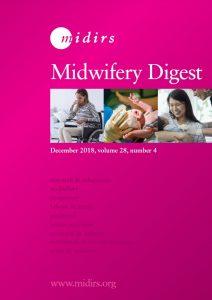
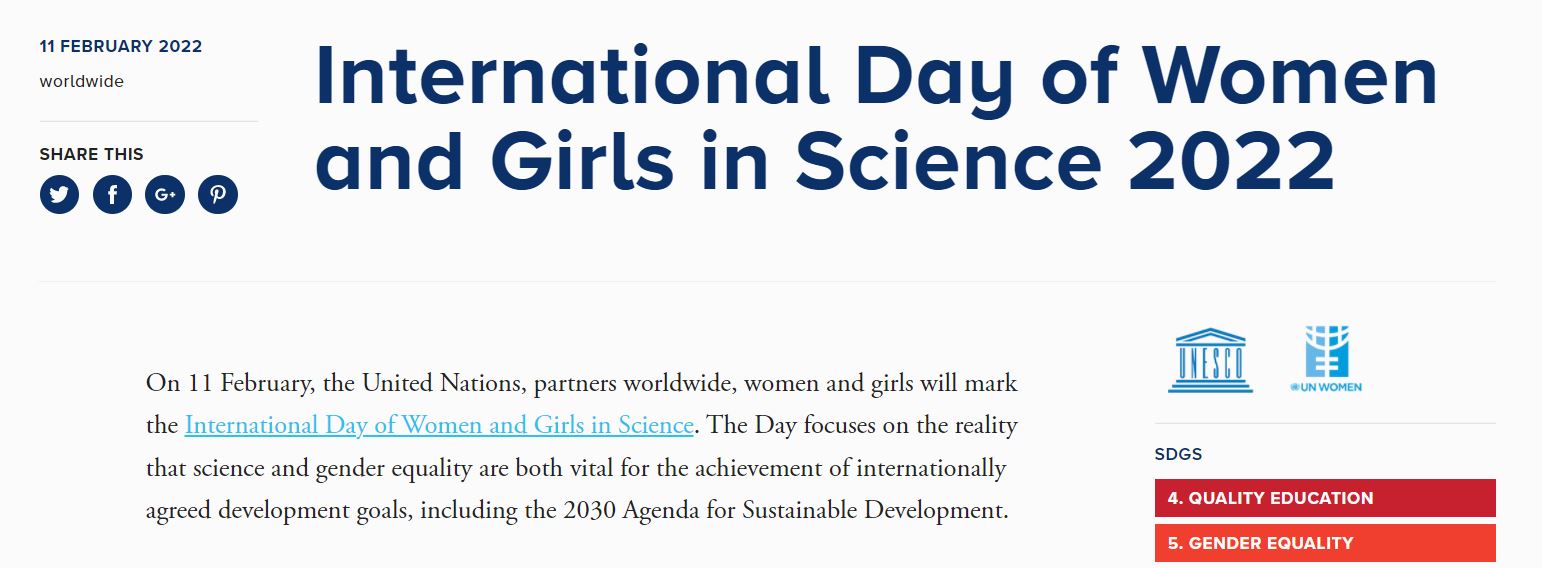











 New weight change BU paper
New weight change BU paper One week to go! | The 16th Annual Postgraduate Research Conference
One week to go! | The 16th Annual Postgraduate Research Conference Geography and Environmental Studies academics – would you like to get more involved in preparing our next REF submission?
Geography and Environmental Studies academics – would you like to get more involved in preparing our next REF submission? Congratulations to three former BU staff
Congratulations to three former BU staff MSCA Staff Exchanges 2024 Call – internal deadline
MSCA Staff Exchanges 2024 Call – internal deadline Applications are now open for 2025 ESRC Postdoctoral Fellowships!
Applications are now open for 2025 ESRC Postdoctoral Fellowships! Horizon Europe – ERC CoG and MSCA SE webinars
Horizon Europe – ERC CoG and MSCA SE webinars MaGMap: Mass Grave Mapping
MaGMap: Mass Grave Mapping ERC grants – series of webinars
ERC grants – series of webinars